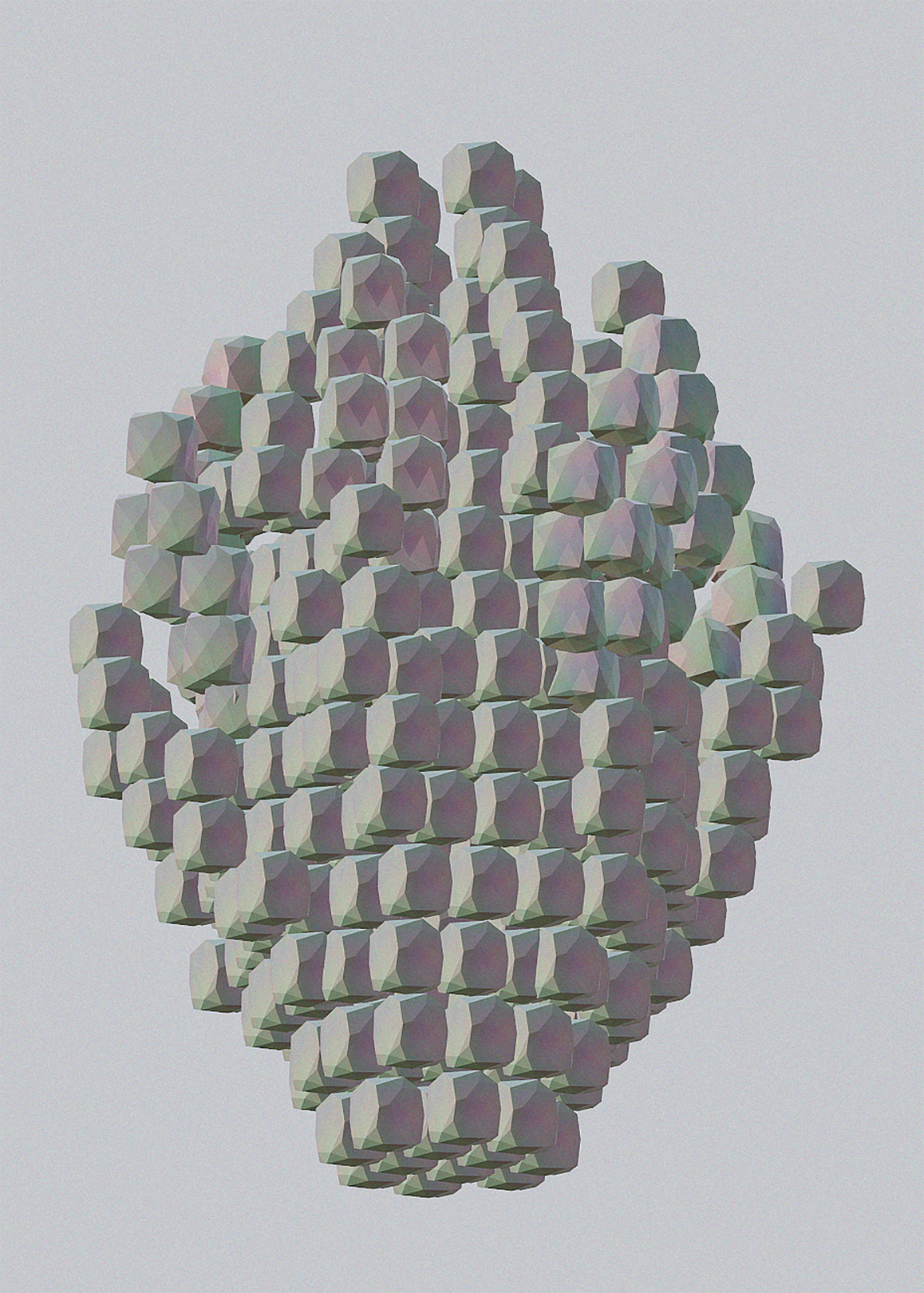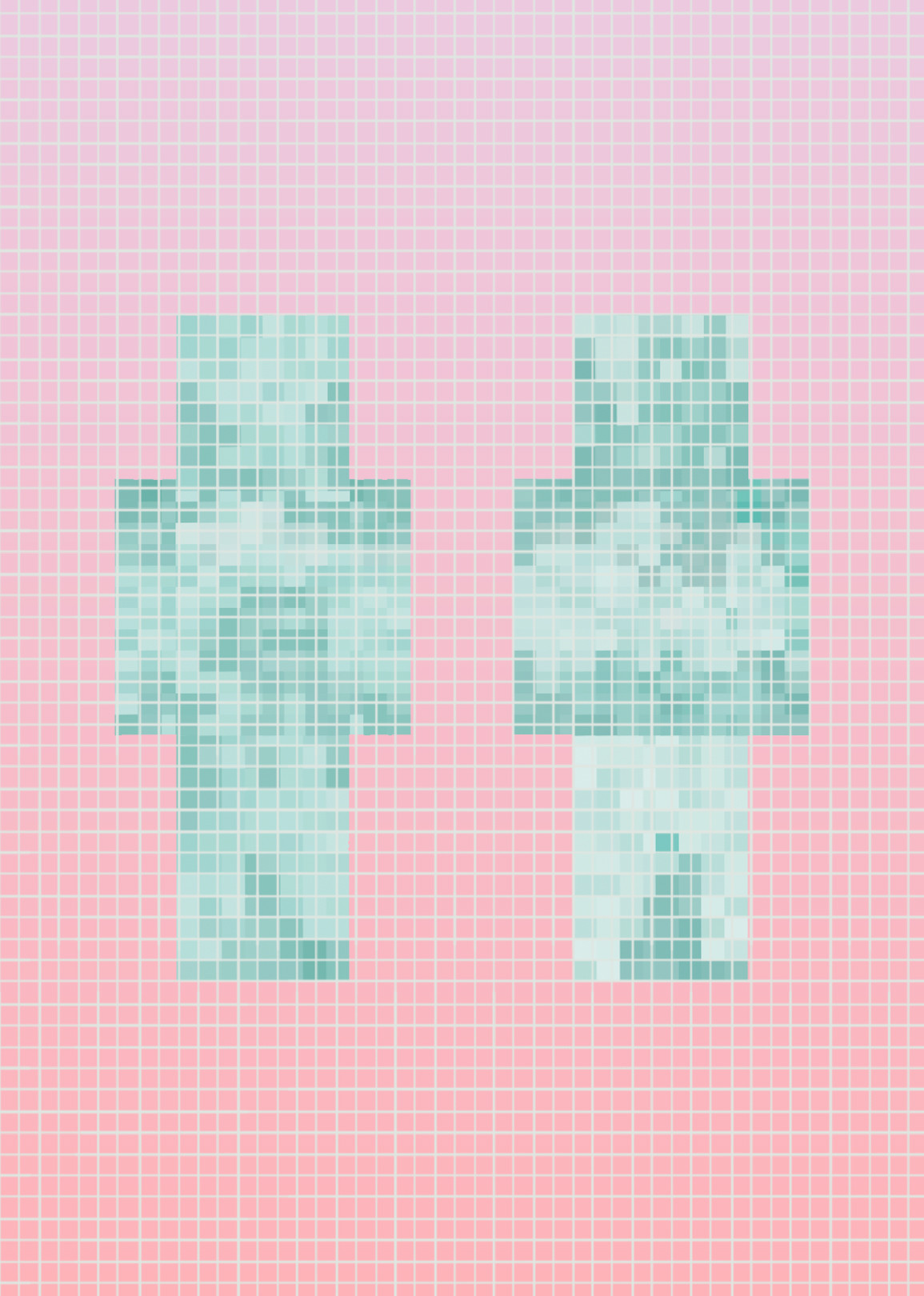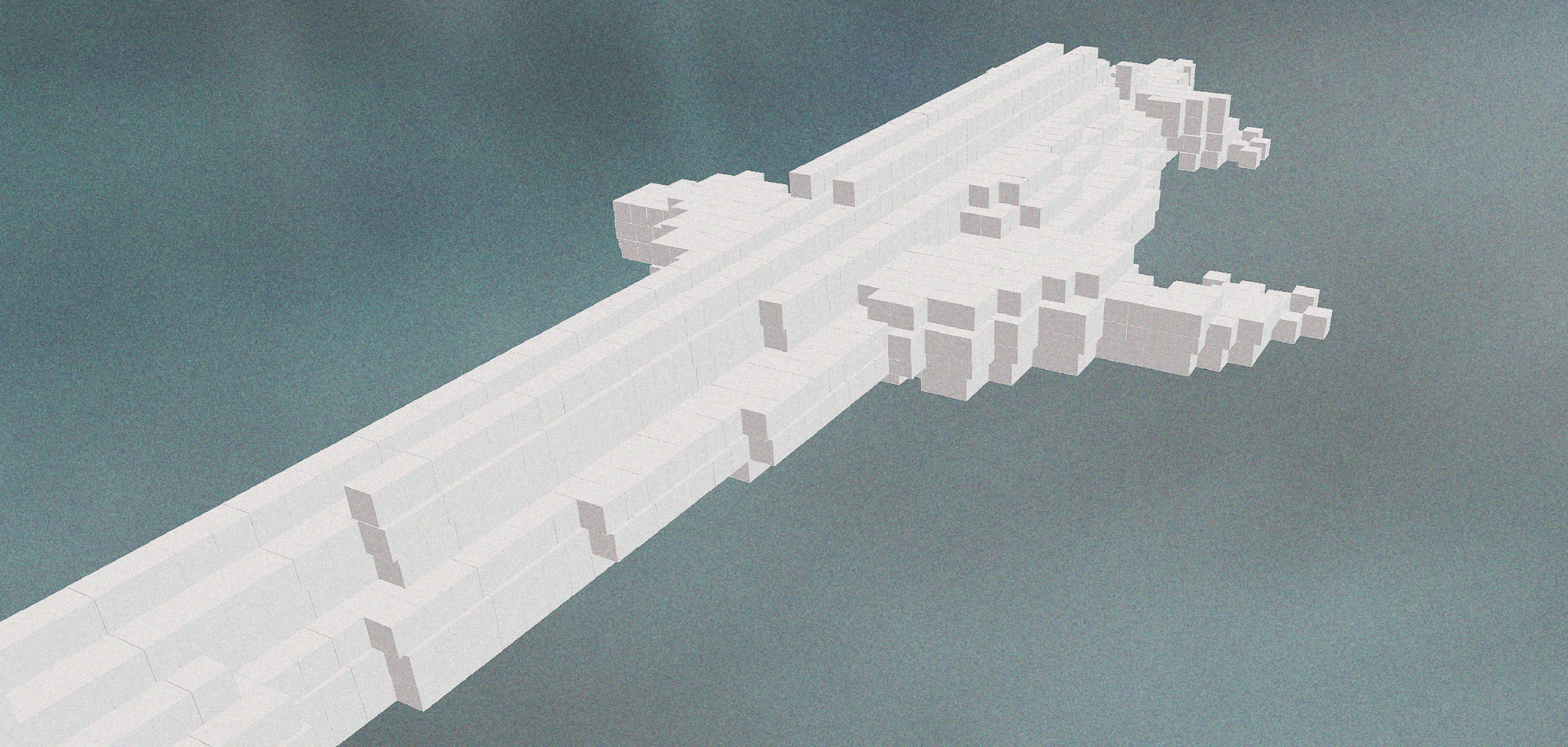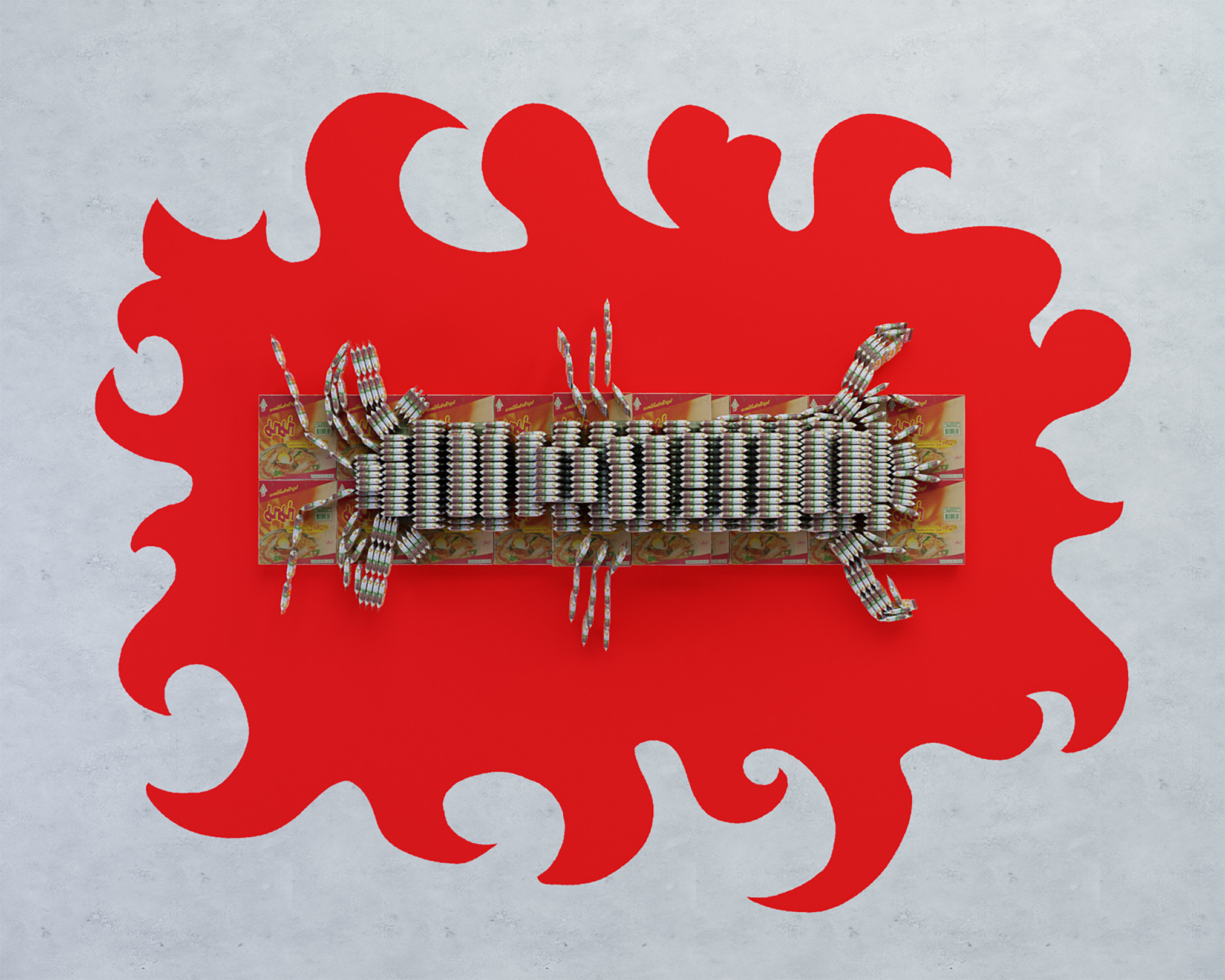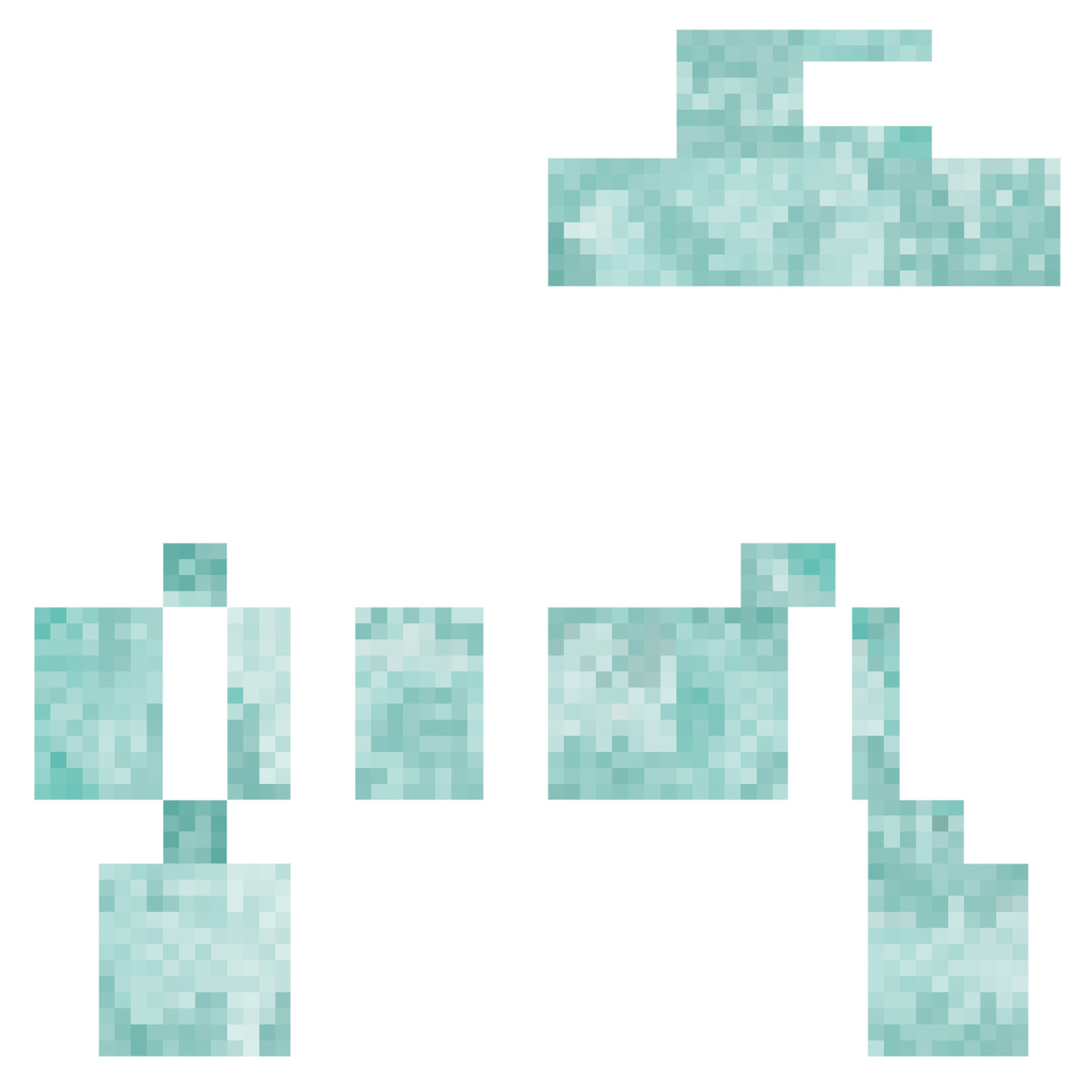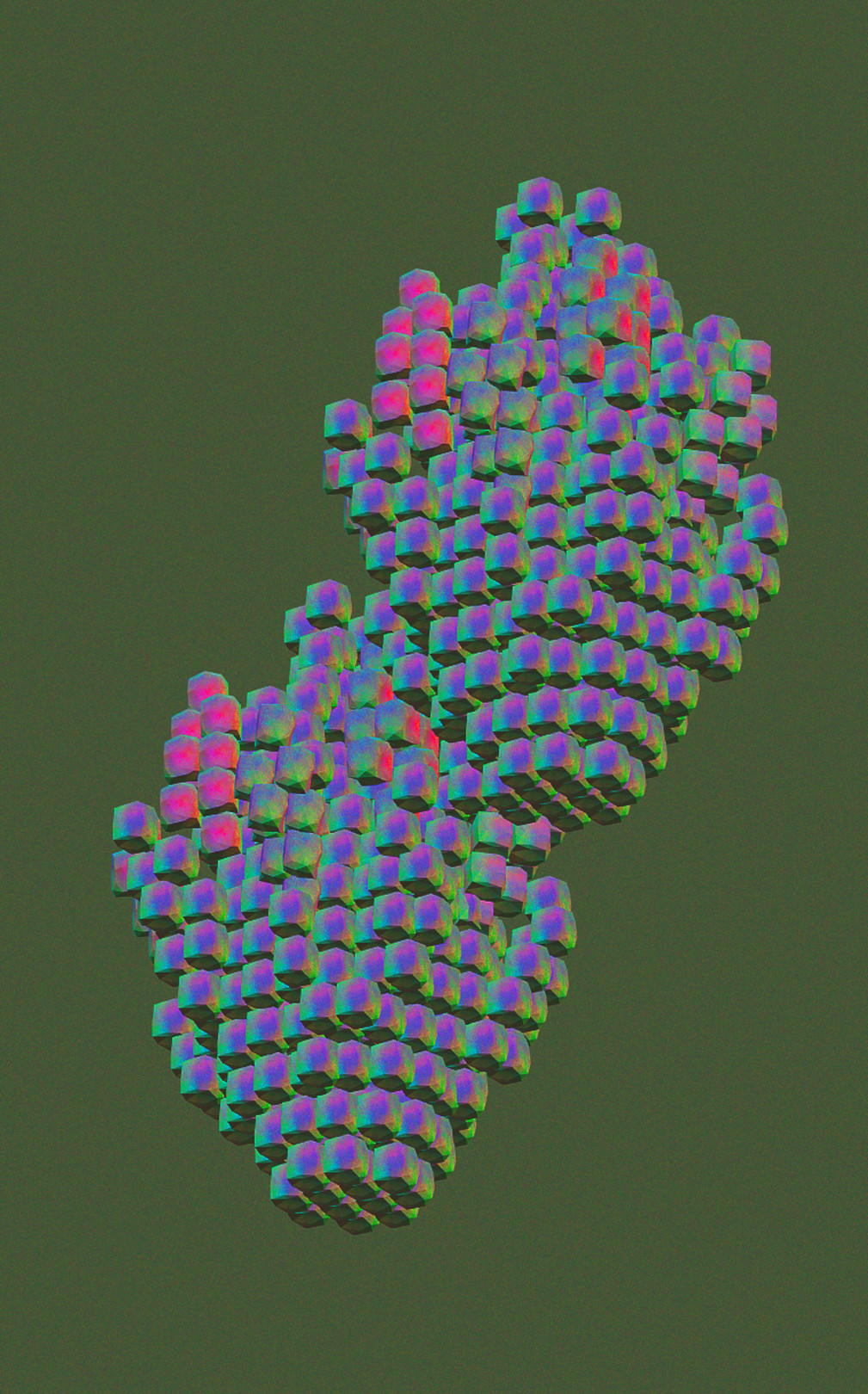Ha Thu Le↓
Gallery
Studies
| 2019–2022 | Painting 2, AVU (Vladimír Skrepl) |
| 2021 | Fine Art MA (Printmaking) (Tansy Spinks), Middlesex University |
| 2020 | AVU, Ateliér hostujícího umělce (Pavel Büchler) |
| 2015–2018 | Malba, Fakulta designu a umění Ladislava Sutnara |
About the work
they went nap and forgot to wake up
They closed their eyes and took a breath, plunging into a suddenly bottomless underside, spreading their arms and shoveling a liquid mass away and inside. It ran through the fingers, nails, hairs, as if it wanted to cool every pore, to fill every gland; as if to devour them forever.
Do you remember when you first became conscious of your own individual self?
That was in my 11th year, there suddenly on my way to school I stepped out of a mist. It was just as if I had been in a mist, walking in a mist, and then stepped out of it and then knew I am, I am what I am, and then I thought: But what have I been before? And then I found that I was, that I had been in a mist, not knowing to differentiate myself from things, I was just one thing about, among many things.
— Carl Gustav Jung, excerpt from a Face To Face interview (1959)
They began to search, to observe the depths where we spend the first moments of our beginning, the cold tiles, the distorted lines, the shimmering glare rippled by currents, and they began to ask, they began to remember.
Our life awakens with sleep, in the mother’s body one knows the universe and forgets it at birth, we sleep for days before we learn to be awake, before we learn to live, and finally we extinguish our lives with another sleep; the entire body dies, closes the eyes and does not open them again.
As children, we perceive time in an utterly different way, we breathe even the slightest moment and detail, time seems to be all the bigger the lesser we feel, as if we the years behind us have not made us notice the protracting moments that run away from us.
If they were to learn anything about the future, they would look back. They vaguely recall a couple of scenes and flashes of feelings, smells, emotions, tastes. The crunchy wrappings and cool surfaces, and what time it was… the marble floor, the artificial flowers, the smell of incense, and many, many soups. Every time they needed to cuddle, needed to warm up or satiate boring moments, the MAMA was always there for them.
People tend to refer to all instant noodles as “MAMA” – the same way some Americans refer to tissues as “Kleenex” or the British call vacuums the “Hoover”.
— Anna Hezel, There’s No Noodle Like a Mama Nood (2019)
They were mainly interested in how much they managed to forget and how much they could remember. And how much they remember through the memories of others, which they interpret from the memories in the same way, and whether they will remain as they appeared to be in the beginning.
They ask about the issue of everything, but they begin (and perhaps even end) at the very beginning, in childhood. Digitizing memories offers an infinite life, but detail conceals the whole and vice versa, as if reality was split into pixels and they got lost in them. And what if they, one day, cannot recollect all the memories left in instant soups, mothers, and great-grandmothers, in stored clouds, what if they eventually go extinct?
